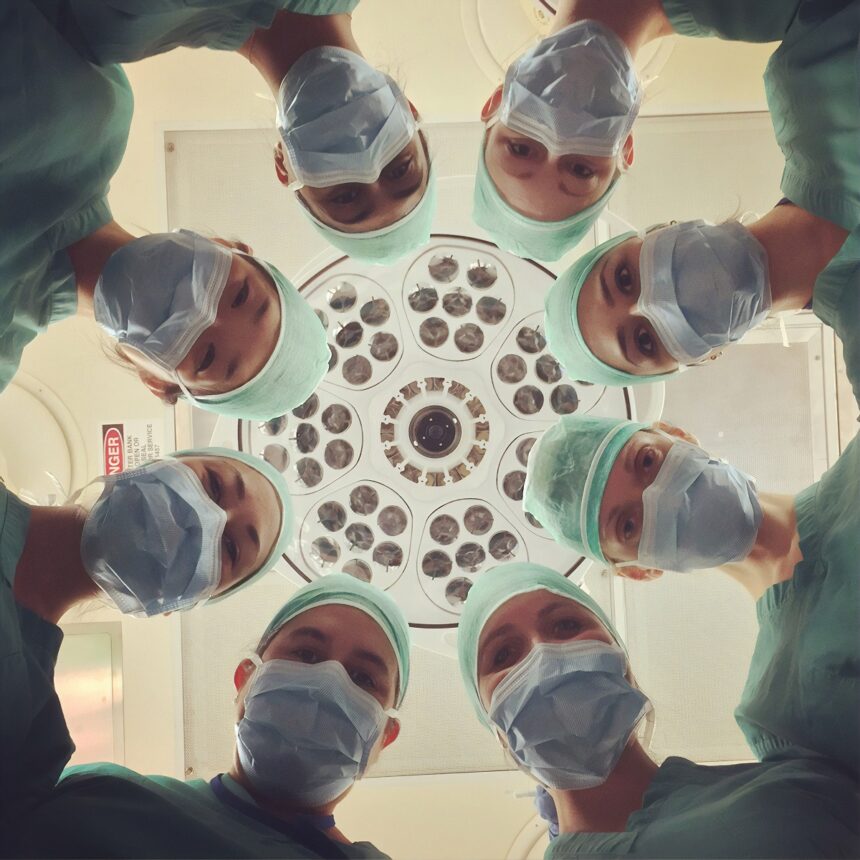People need to get familiar with the LASIK eye correction method to make an educated decision. Your vision is hampering your life quality and you are unable to fulfill your task responsibilities. This doesn’t mean schedule a LASIK eye surgery before understanding its benefits and risks.
One other reason to choose the LASIK method is to gain freedom from contact lenses and glasses. The contact lens gets easily lost, whereas the frames of glasses go out of shape or break now and then. LASIK is a permanent solution for correcting vision issues.
FAQs about LASIK eye surgery
How do doctors know you are eligible for LASIK eye surgery?
Majority of adults are suitable candidates for the LASIK procedure. According to the FDA, the parameter approved for people wanting LASIK procedure is –
· Nearsightedness – Myopia up to 12.00D [diopters]
· Farsightedness – Hyperopia up to +6.00D
· Cylindrical – Astigmatism up to 6D
For LASIK eye surgery, you can visit Swagel Wootton Eye Institute. The institute delivers good results and they use the FDA-approved technology called Wavelength Contoura System. The equipment used is advanced and committed to patient’s safety.
The doctors there will check your eyes to evaluate cornea’s shape and thickness, pupil size, and refractive errors. Eye moisture also gets appraised and treatment gets prescribed to lessen dry eyes risk post-surgery. Candidate’s eligible for LASIK procedure has to be –
· 18 years and more
· No autoimmune disease
· Not pregnant or a nurturing mom
· Healthy eyes
What is involved in the LASIK procedure?
LASIK surgery aims to alter cornea shape for better focus of objects on the retina for clear vision. Two lasers are used to achieve this goal.
· Eye drops are put in both eyes to numb it.
· Femtosecond laser allows cutting a disk-shaped thin flap in the cornea, which is folded for accessing the stroma, which lies beneath the cornea.
· Second laser has cool UV beams that help to eliminate tissue particles from the cornea for reshaping it. This allows accurate light focus on the retina.
· For nearsightedness, a laser is directed to flatten the cornea, whereas for farsightedness steeper cornea is created.
· Finally, the flap gets unfolded in its position to cover the cornea, which will take some time to heal.
Numbing eye drops along with medications will help the patient stay relaxed and calm during the procedure. It lasts for not more than 20 minutes in both eyes.
When will the results be experienced post-surgery?
You will clearly see things you couldn’t see before instantly. Initially, vision will seem a little hazy and foggy but after a couple of days, they get stabilized. You will feel light sensitivity or burning sensation, which is temporary. Many people feel comfortable with their enhanced vision. People even achieve 20/20 vision with the LASIK procedure but it depends on eyesight severity before the surgery.
What are the risks of LASIK surgery?
LASIK eye surgery also has some risks. Each person is different and can experience the following problems post-surgery.
· Dry eyes
· Inflammation
· Impaired night vision
· Need for reading glasses
· Need for contacts or glasses due to over or under correction
· Infection
· Complications with corneal tissue flap during the surgery
Will results from LASIK surgery last life long?
After the surgery, you get an improved vision but as you age or issues like high refractive errors, there is a possibility that you will need LASIK retreatment.
What is the cost of LASIK eye surgery?
The cost factors include the patient’s refractive error level, technology to be used, the surgeon’s experience, and patient care continuity. Ensure to consider the surgeon’s and staff’s knowledge associated with the LASIK arena and not the cheapest price.
Your vision contributes a lot to your life quality and independent living. It is better to get empowered with relevant information. Trust in experienced ophthalmologist at Swagel Wootton Eye Institute!








